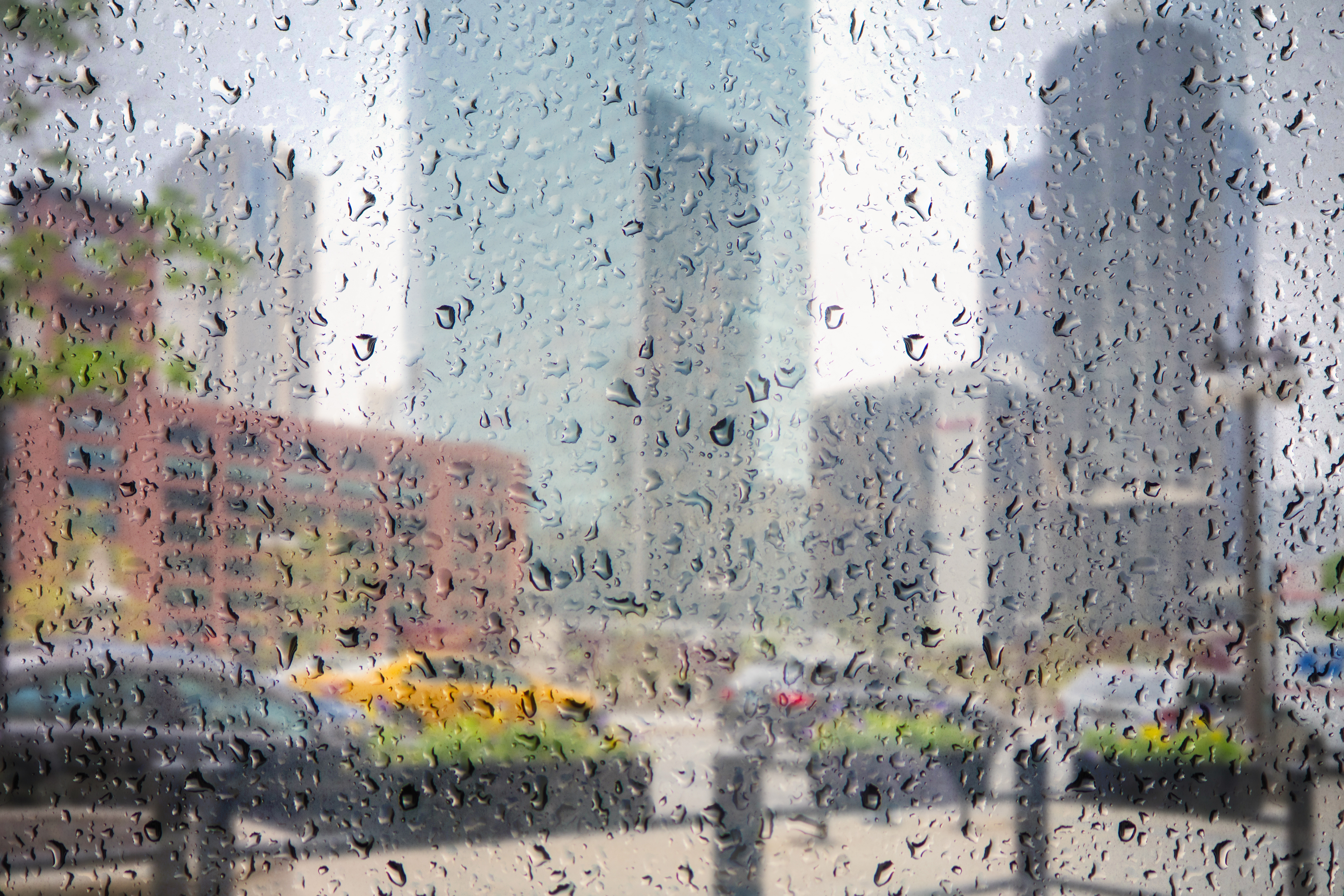At the close of business on Monday, March 16, 2020, thousands of restaurants and bars in Illinois were forced to close to dine-in customers.
“I mean it was definitely very difficult, our busiest week of the year is that specific week. St Patrick's Day corned beef, especially in Chicago, it's our busiest time so we had pre ordered 10,000 pounds of meat, and when you order that like you're stuck with the meat. So it went to waste,” Dan Raskin, owner of Manny’s Deli, told NBC 5 Responds.
The South Loop restaurant has been open for 78 years and is often the scene for glad-handing by politicians running for office. But as part of the shutdown order, no customers were allowed inside, and Manny’s famous sandwiches were available only for carry out.
“Typically 90% of our business is dine-in business. To get people to shift from dine-in to carryout is not very easy,” said Raskin.
Raskin applied for the Paycheck Protection Program, or PPP loan, to help pay staff and keep them employed while business dropped as much as 80%.
To offset other losses and costs for items such as personal protective equipment, Raskin, like thousands of other business owners across the country, filed a claim with his insurance company, hoping the huge premiums he’s paid for an “all-risk” policy, would pay off.
But he says a denial came immediately, with no investigation. He’s not alone. At least 42 other owners of bars and eateries, Including prominent Chicago restaurant groups Lettuce Entertain You and Gibsons, experienced the same denials and are all now suing their insurance carriers over their “all-risk” coverage.
Local
“They are what it sounds like. All-risk policies cover everything…they exclude some things that are specifically excluded,” said attorney Gabriel Gillett, of Jenner & Block, counsel for the plaintiffs.
According to their lawsuit, in denying coverage, “Defendant Insurers contend that Plaintiffs did not sustain ‘direct physical loss’ or ‘damage to’ property within the meaning of the Policies”.
“It is. It is a physical loss though because when you're physically not able to use the dining room,” says Raskin.
Illinois Department of Public Health guidelines state that in Phase 4 or reopening, Illinois businesses may offer indoor and outdoor on-premises food and beverage consumption. All businesses must maintain social distancing measures and provide a minimum of 6-feet between tables. And the maximum occupancy for indoor standing areas is 25% capacity.
“As soon as dining rooms were closed, and they had to put up physical barriers, alter restaurants, essentially rendering our restaurants nonfunctional, that's when we’re damaged, and at that point, that’s when insurance should have recognized that we suffered physical loss as a result of those orders, and paid our claims,” says attorney Gillett.
The American Property Casualty Insurance Association, which speaks for the insurance industry, responded to the NBC5’s request for comment.
“Business interruption insurance refers to property insurance policies that cover physical damage, such as from wildfires and tornados. These policies are not intended to cover diseases, or pandemic related losses”, writes Stef Zielezienski, Executive Vice President at APCIA.
She adds, “In the vast majority of cases, insurers did not price policies to include such coverage, and policyholders did not pay premiums to have this coverage”.
Now with fall around the corner, and outdoor seating diminishing, business owners worry about another dip in business.
“We've been working on trying to stay open and going along, but we're hoping that the insurance companies make us whole and do what we paid for,” says Raskin.



